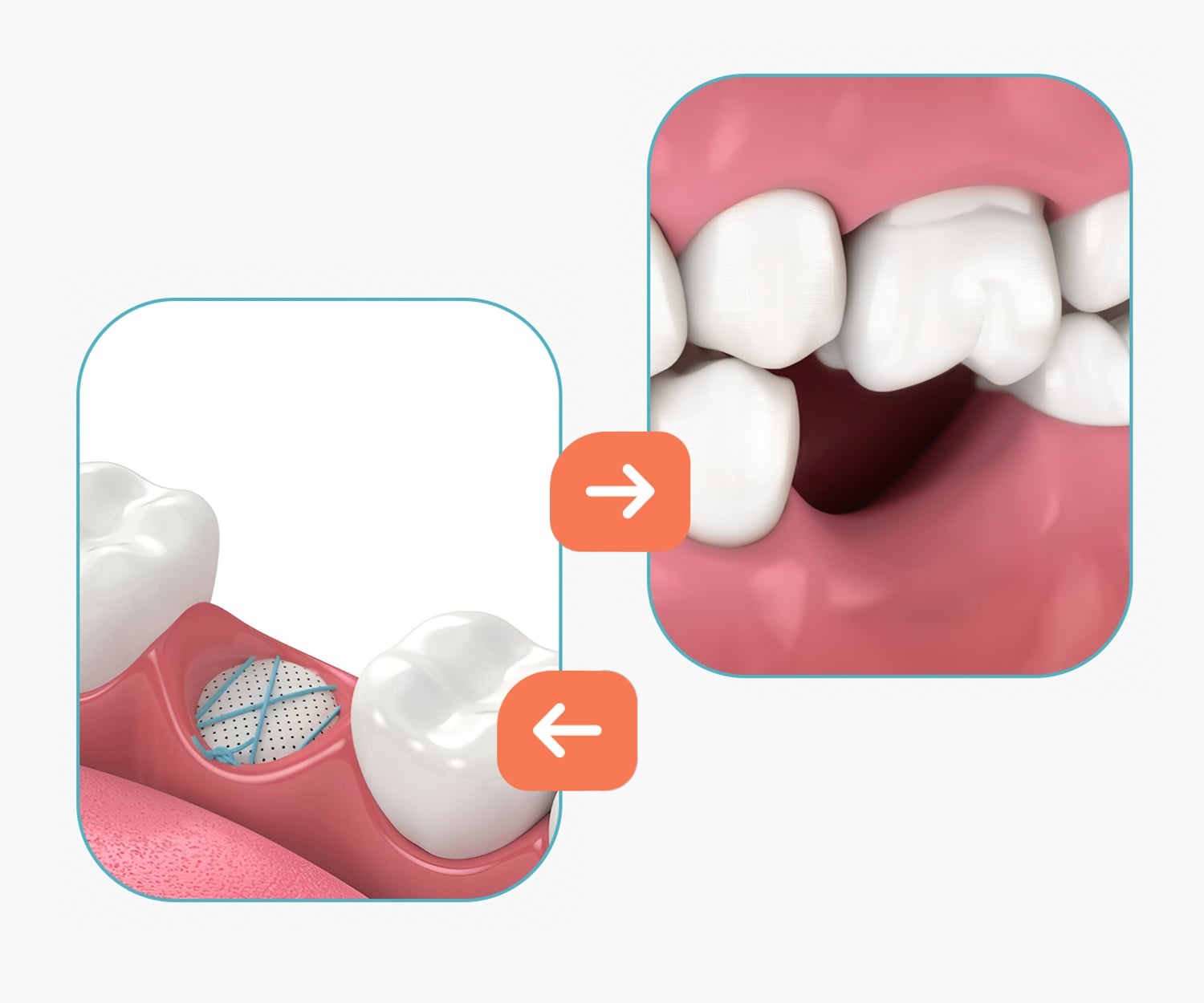To book a visit, sign up for a consultation. To clarify the details, our operator will contact you.

Tooth Sensitivity and Its Causes
12 September 2024
Tooth hypersensitivity, or increased sensitivity, is a common issue today, affecting around 40% of patients. This condition occurs when the enamel (the protective coating on teeth) weakens. The tooth's crown and roots contain tiny tubes leading to the tooth's nerve center. When the enamel wears down, these nerves are exposed, making the tooth sensitive to irritants like hot or cold foods, sugary items, or drinks. Irritants travel through the tubes to the nerve center, causing pain.
Common Causes of Tooth Sensitivity:
- Aggressive brushing: Brushing too hard or using a rough toothbrush can wear down enamel over time, increasing sensitivity.
- Gum disease (Periodontitis): Gum inflammation and recession expose tooth roots, leading to heightened sensitivity.
- Cracked teeth: Bacteria can enter cracks and reach the nerve center, increasing sensitivity.
- Tooth whitening products: Many whitening toothpastes and wipes contain abrasive substances like baking soda or peroxide, which can cause sensitivity.
- Age: Tooth sensitivity often peaks between the ages of 25 and 30.
- Dental plaque: Plaque buildup on the teeth can damage enamel, leading to sensitivity.
How to Prevent Tooth Sensitivity:
Step recommendations by "Blits Dental - Kakhaber Kharebava Dental Clinic,"
- Practice brushing and flossing techniques, and use an irrigator for hard-to-reach areas.
- Opt for a soft-bristled toothbrush to avoid enamel damage and gum irritation.
- Maintain a balanced diet, limiting acidic foods and drinks.
- Visit the dentist every six months for professional cleanings and follow recommendations for toothpaste and floss use.
Treatment of edentulism (missing teeth) with a dental bridge is one of the most common and effective methods. A dental bridge allows for the restoration of both chewing function and smile aesthetics. It is a fixed prosthetic construction that is supported by healthy adjacent teeth and fills the space of a missing tooth. In this article, we will discuss what a dental bridge is, the types available, and how the placement process is carried out.
Missing teeth are no longer a problem! Dental implants offer the most advanced, durable, and natural-looking solution for restoring your smile. An implant, together with its crown, mimics a real tooth both aesthetically and functionally-helping you regain confidence, comfort, and a complete smile.
During pregnancy, hormonal changes can cause gum inflammation, bleeding, enamel erosion, and an increased risk of cavities. That’s why visiting the dentist during pregnancy is especially important.
Gnathology is one of the leading branches of 21st-century dentistry. It forms the foundation for any complex dental treatment planning
Tooth loss (edentulism) affects not only the appearance of your smile but also the overall functional health of your oral cavity
Dental veneers can be made from various materials, but ceramic (porcelain) veneers are the most widely used.
Modern aesthetic and functional dentistry is continually evolving, striving to identify restorative materials that combine exceptional strength
The eruption of baby teeth is one of the most important stages in a child’s early development.
Modern dentistry increasingly emphasizes the importance of orthodontic care.
Oral health care begins long before the first permanent tooth erupts.
A smile is one of the key elements of a person’s visual identity. It conveys confidence and positivity. However, the beauty of a smile is not only an aesthetic factor—it is directly connected to oral health.
Orthodontic treatment has long gone beyond the limits of traditional metal braces.
Dental implantation is the best method for restoring missing teeth. However, for the procedure to be successful, the jawbone must have sufficient volume and density.
Dental implantation is one of the most effective and safest surgical procedures in modern dentistry for restoring missing teeth.
Initial endodontic (root canal) treatment is usually successful and helps preserve the natural tooth.
Root canal treatment, also known as endodontic therapy, is one of the most frequently discussed yet often misunderstood dental procedures.
Tooth decay is one of the most common dental conditions, involving damage to the hard tissues of the teeth
Modern dentistry is constantly evolving, offering improved methods for solving complex issues.

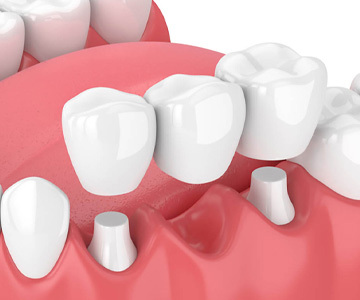
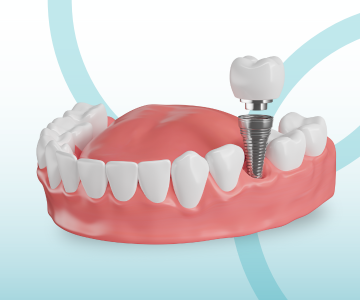

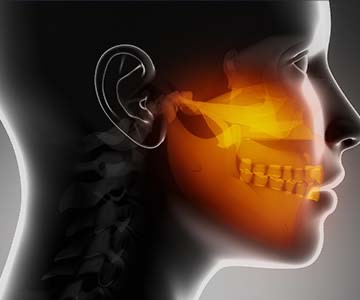
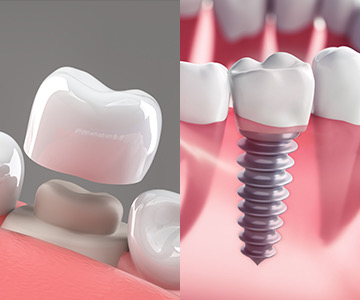
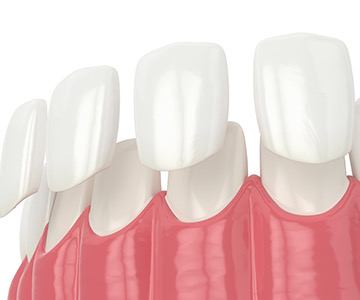
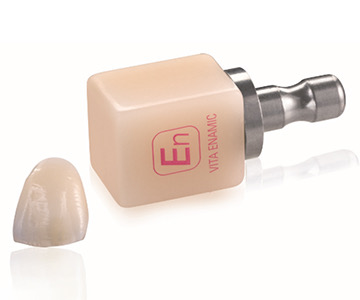

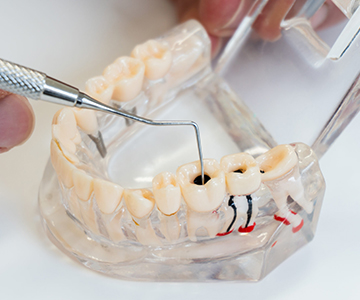
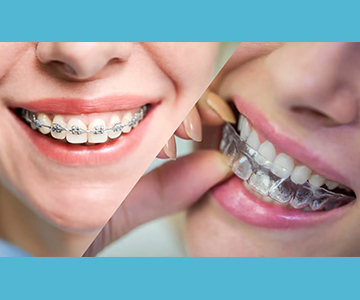


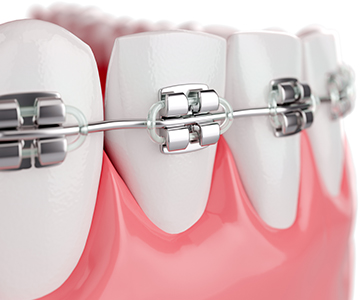
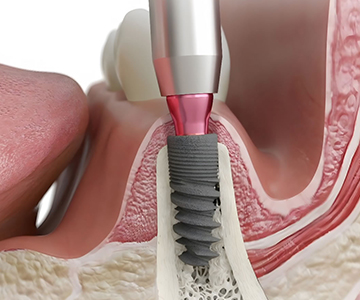
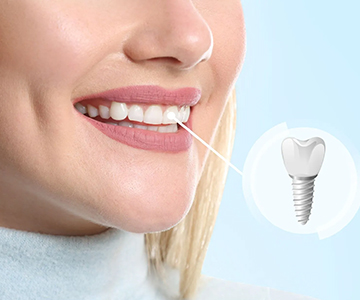
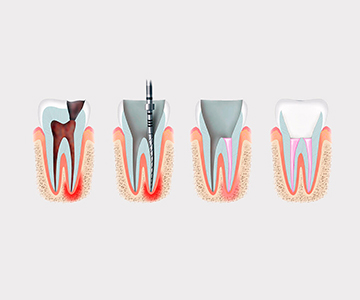
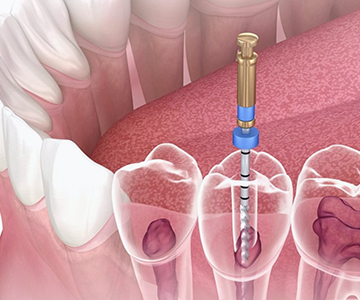
.jpeg)
